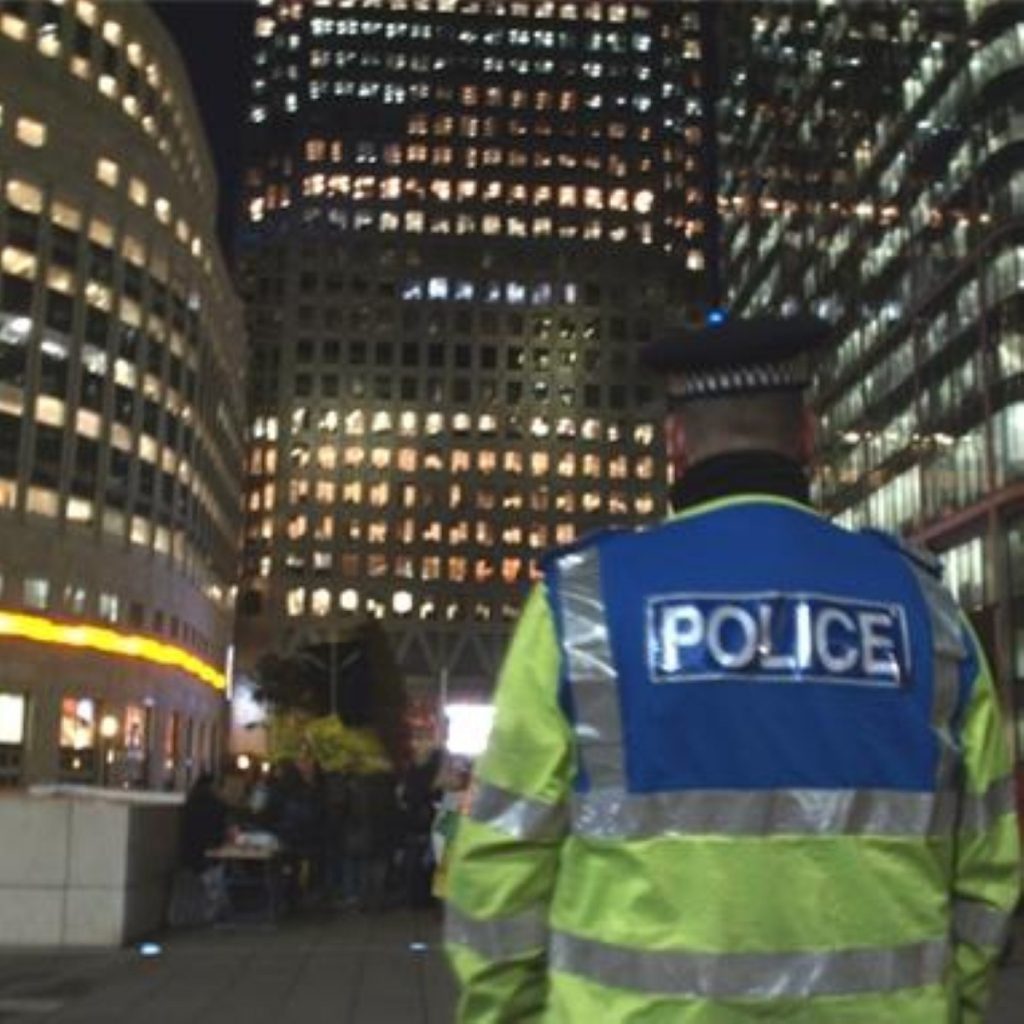Search powers right to be dropped
By Laura Miller
Powers to raid political candidates’ homes and offices without a warrant broke human rights law and were right to be dropped, according to report out today.
The report, published by the joint committee on human rights, criticised parts of a new bill that would have allowed the government’s electoral commission to “inspect financial information about individuals and organisations” without any proof of wrong doing or a warrant – all standards that must be met by police.
Commenting on the political parties and elections bill, Andrew Dismore, chair of the joint select committee, said, “We are glad the government has seen sense and withdrawn its attempt to create new powers [that] were unnecessary and in fact the entry power that’s already in existence – since the 2000 Act – has never been used.”


Citing article eight of the European Convention of Human Rights (ECHR), the report criticised the government for failing to show a pressing social need for powers of entry and inspection that “interfere with the right to respect for private life and home”.
The authors, made up of cross party representatives from both Houses, recommended an amendment to the political parties bill, aimed at regulating party funding and election expenditure, to delete the proposed powers.
“The new power would have just extended the potential for interfering with the right to respect for private life and home without the government offering any justification or showing the “pressing social need” for it and we are glad that they have amended this bill having listened to our concerns,” added Mr Dismore.
Currently the electoral commission can enter premises and conduct a search where there are reasonable grounds to suspect an offence or a contravention of election law – provided they have a warrant.
The joint committee also recommends the government reconsider the ban on UK prisoners voting once convicted and sentenced.
It follows a ruling by the European Court of Human Rights over three years ago that the ban was disproportionate and at odds with the article three of the Convention, the right to participate in free and fair elections.












